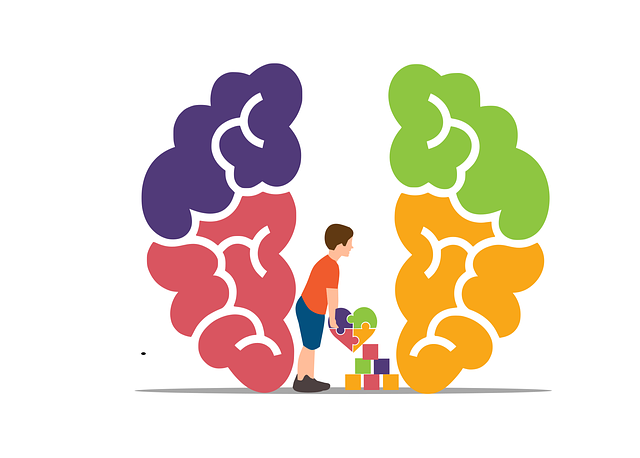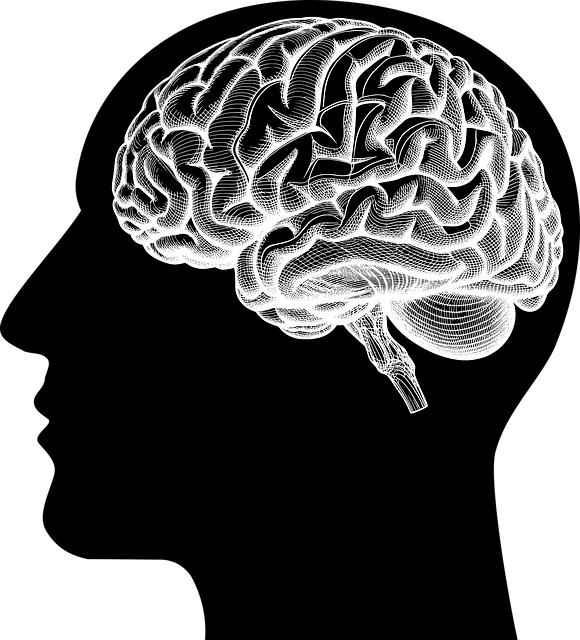Understanding mental illness diagnoses is crucial for recovery, with evaluations by healthcare professionals determining accurate conditions and tailored treatment. Centennial Gender-Affirming Care Therapy (CGACT) integrates coping skills development in a safe space, offering emotional healing and resilience building. Recognized for its positive impact on LGBTQ+ mental health, CGACT reduces anxiety, depression, and improves mood management. Research validates its effectiveness in treating co-occurring disorders and enhancing self-acceptance, leading to better mental wellness. Navigating treatment options involves researching therapies like CBT, DBT, IPT, and consulting healthcare providers. Self-care and journaling support long-term well-being. CGACT provides a transformative experience, combining therapy with holistic support for LGBTQ+ individuals, fostering acceptance and understanding through education and awareness campaigns, empowering clients to manage their mental health journeys effectively.
Mental illness diagnosis and treatment navigation can be a complex and daunting task. This comprehensive guide aims to demystify the process, offering a clear understanding of mental health diagnoses and the crucial role of Centennial Gender-Affirming Care Therapy. From decoding professional terms to navigating treatment options, we provide a step-by-step approach designed to empower patients. Discover how gender-affirming care can significantly enhance therapeutic outcomes, fostering resilience and well-being for individuals on their journey towards recovery.
- Understanding Mental Illness Diagnoses: A Comprehensive Overview
- The Role of Gender-Affirming Care in Effective Treatment
- Navigating Treatment Options: A Step-by-Step Guide for Patients
- Supporting Centennial Individuals Through Therapy and Beyond
Understanding Mental Illness Diagnoses: A Comprehensive Overview

Understanding Mental Illness Diagnoses is a crucial first step in navigating the path to recovery and well-being. Mental health conditions are complex and multifaceted, each with its unique set of symptoms, causes, and treatment options. A comprehensive evaluation by qualified healthcare professionals, often involving psychological assessments, medical examinations, and patient interviews, is essential to pinpointing an accurate diagnosis. This process ensures that individuals receive the most suitable care tailored to their specific needs.
Centennial Gender-Affirming Care Therapy recognizes the importance of this diagnostic phase, offering a safe space for emotional healing processes to begin. By integrating coping skills development into therapy, individuals learn effective strategies to manage symptoms and improve overall mental wellness. This holistic approach ensures that treatment is not just about addressing the diagnosis but also fostering resilience and empowering individuals to thrive in their daily lives.
The Role of Gender-Affirming Care in Effective Treatment

In recent years, there has been a growing recognition of the significant impact that gender-affirming care can have on mental health outcomes. This approach, often referred to as Centennial Gender-Affirming Care Therapy, is centered around providing individuals with supportive and compassionate treatment tailored to their unique gender identity. By creating a safe and understanding environment, therapists equipped with this specialized training can facilitate profound improvements in mental well-being. Research has shown that when LGBTQ+ individuals access gender-affirming care, they experience reduced symptoms of anxiety and depression, as well as better mood management.
This form of therapy goes beyond simply treating co-occurring mental health disorders; it actively works to validate and support an individual’s sense of self. By integrating their authentic gender into the therapeutic process, patients can foster a deeper sense of acceptance and belonging. Consequently, this leads to enhanced overall Mental Health Awareness and improved coping strategies for managing stress and difficult emotions, such as those related to Anxiety Relief.
Navigating Treatment Options: A Step-by-Step Guide for Patients

Navigating treatment options can be overwhelming, but with a structured approach, patients can make informed decisions about their mental health journey. Here’s a step-by-step guide to help you understand and choose from various treatment modalities available today, including Centennial Gender-Affirming Care Therapy (CGACT).
Begin by gathering comprehensive information on different therapeutic approaches such as cognitive behavioral therapy (CBT), dialectical behavior therapy (DBT), interpersonal therapy (IPT), and more. Research these methods to grasp their core principles and effectiveness in treating specific mental health conditions. Consider your unique needs, preferences, and personal goals while exploring each option. Next, consult with qualified healthcare providers who can offer expert advice based on your assessment. They might suggest tailored combinations of treatments or refer you to specialized clinics, like those offering CGACT, known for their innovative gender-affirming approaches in mental wellness care. Additionally, integrate self-care practices and burnout prevention strategies for sustainable long-term well-being, alongside engaging in mental wellness journaling exercises for guidance and reflection. Remember, effective treatment plans are collaborative efforts involving both patients and healthcare professionals.
Supporting Centennial Individuals Through Therapy and Beyond

For many individuals navigating a mental health diagnosis, receiving therapy is a transformative journey towards healing and self-discovery. Centennial Gender-Affirming Care Therapy offers a unique and supportive environment, especially for those who identify as part of the LGBTQ+ community. This specialized approach ensures that clients feel seen, heard, and understood, fostering an atmosphere where they can explore their inner selves without stigma or judgment.
Beyond therapy sessions, this holistic care extends to various support systems. It encourages the development of inner strength through education on stress management techniques and promotes public awareness campaigns to destigmatize mental health struggles. By combining therapy with these initiatives, individuals are empowered to manage their well-being effectively, continuing their journey towards a more balanced and fulfilling life after diagnosis.
Mental illness diagnosis and treatment can be complex, but with the right navigation assistance, individuals can find their path to recovery. By understanding mental health conditions, embracing gender-affirming care, and following a structured approach to therapy, patients can effectively manage their symptoms. This comprehensive guide highlights the importance of tailored support for every individual, ensuring they receive the best possible care. For those seeking healing, especially within the context of Centennial gender-affirming care therapy, these resources offer a beacon of hope and a clear direction forward.














